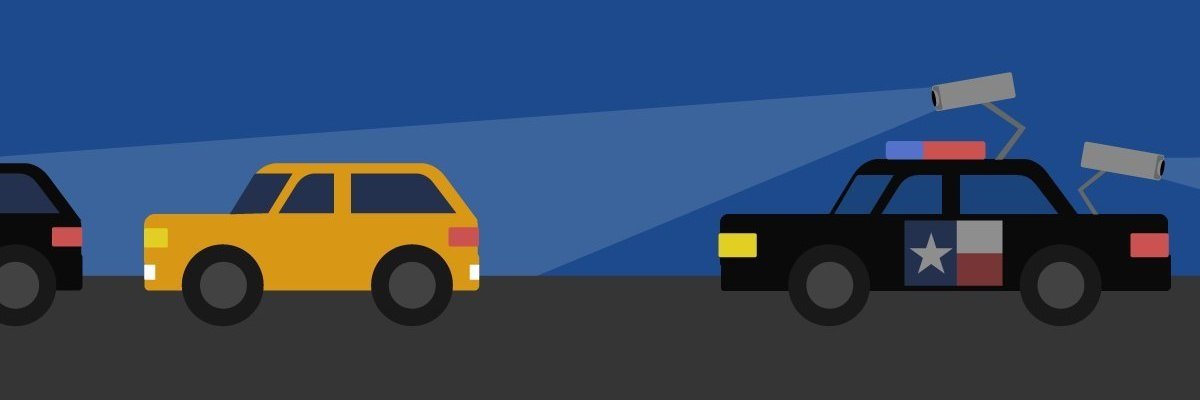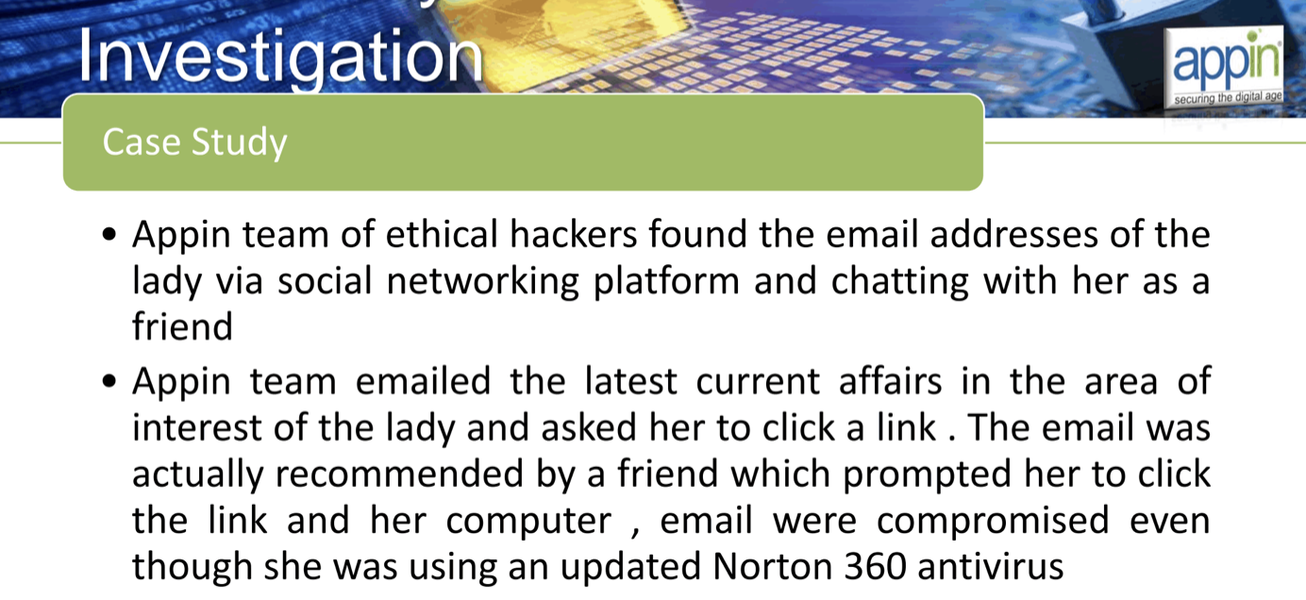EFF and MuckRock have a launched a new public records campaign to reveal how much data law enforcement agencies have collected using automated license plate readers and are sharing with each other.
Over the next few weeks, the two organizations are filing approximately 1,000 public records requests with agencies that have deals with Vigilant Solutions, one of the nation’s largest vendors of ALPR surveillance technology and software services. We’re seeking documentation showing who’s sharing ALPR data with whom. We are also requesting information on how many plates each agency scanned in 2016 and 2017 and how many of those plates were on predetermined “hot lists” of vehicles suspected of being connected to crimes.
You can see the full list of agencies and track the progress of each request through the Street-Level Surveillance: ALPR Campaign page on MuckRock.
“Joining the largest law enforcement LPR sharing network is as easy as adding a friend on your favorite social media platform.”
That’s a direct quote from Vigilant Solutions in its promotional materials for its ALPR technology. Through its LEARN system, Vigilant Solutions has made it possible for government agencies - particularly sheriff’s offices and police departments - to grant 24-7, unrestricted database access to hundreds of other agencies around the country.
ALPRs are camera systems that scan every license plate that passes in order to create enormous databases of where people drive and park their cars both historically and in real time. Collected en masse by ALPRs mounted on roadways and vehicles, this data can reveal sensitive information about people, such as where they work, socialize, worship, shop, sleep at night, and seek medical care or other services. ALPR allows your license plate to be used as a tracking beacon and a way to map your social networks.
Here’s the question: who is on your local police department’s and sheriff office’s ALPR friend lists?
Perhaps you live in a “sanctuary city.” There’s a very real chance local police are sharing ALPR data with Immigration and Customs Enforcement, Customs and Border Protection, or one of their subdivisions.
Perhaps you live thousands of miles from the South. You’d be surprised to learn that scores of small towns in rural Georgia have round-the-clock access to your ALPR data. This includes towns like Meigs, which serves a population of 1,000 and did not even have full-time police officers until last fall.
In 2017, EFF and the Center for Human Rights and Privacy filed records requests with several dozen law enforcement agencies in California. We found that police departments were routinely sharing ALPR data with a wide variety of agencies that may be difficult to justify. Police often shared with the DEA, FBI, and U.S. Marshals - but they also shared with federal agencies with a less clear interest, such as the U.S. Forest Service, the U.S. Department of Veteran Affairs, and the Air Force base at Fort Eustis. California agencies were also sharing with public universities on the East Coast, airports in Tennessee and Texas, and agencies that manage public assistance programs, like food stamps and indigent health care. In some cases, the records indicate the agencies were sharing with private actors.
Meanwhile, most agencies are connected to an additional network called the National Vehicle Locator System, which shares sensitive information with more than 500 government agencies, the identities of which have never been publicly disclosed.
Here are the data sharing documents we obtained in 2017, which we are seeking to update with our new series of requests.
- Anaheim Police Department
- Antioch Police Department
- Bakersfield Police Department
- Chino Police Department
- Clovis Police Department
- Elk Grove Police Department
- Fontana Police Department
- Fountain Valley Police Department
- Glendora Police Department
- Hawthorne Police Department
- Irvine Police Department
- Livermore Police Department
- Lodi Police Department
- Long Beach Police Department
- Montebello Police Department
- Orange Police Department
- Palos Verdes Estates Police Department
- Red Bluff Police Department
- Sacramento Police Department
- San Bernardino Police Department
- San Diego Police Department
- San Rafael Police Department
- San Ramon Police Department
- Simi Valley Police Department
- Tulare Police Department
We hope to create a detailed snapshot of the ALPR mass surveillance network linking law enforcement and other government agencies nationwide. Currently, the only entity that has the definitive list is Vigilant Solutions, which, as a private company, is not subject to state or federal public record disclosure laws. So far, the company has not volunteered this information, despite reaping many millions in tax dollars.
Until they do, we’ll keep filing requests.
For more information on ALPRs, visit EFF’s Street-Level Surveillance hub.
Header image by the Electronic Frontier Foundation and is licensed under CC-BY 4.0




